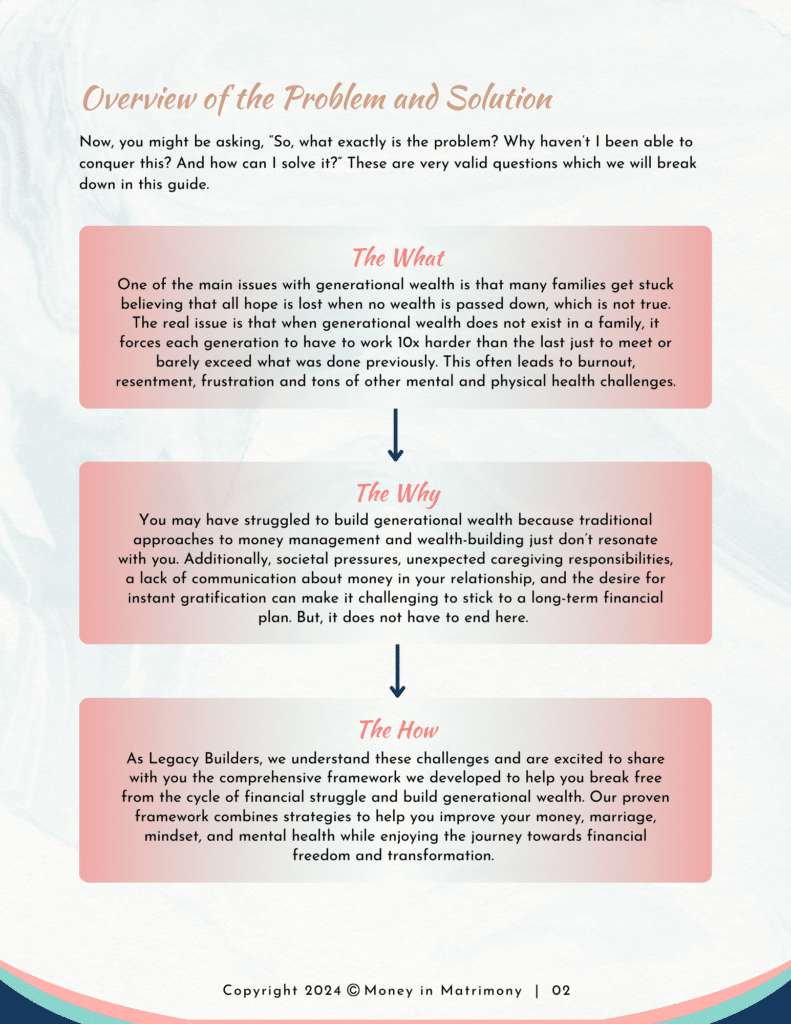3 Nice Ways to Stop Family or Friends from Asking for Money
This post may contain affiliate links which means that I will receive a small commission for purchases made through those links, at no cost to you.
Are you tired of your family or friends borrowing your money? Then let’s talk about 3 nice ways to stop family and friends from asking for money.
Should you or your spouse loan money to family or friends?
Developing a habit of saying no when family or friends asks for money can be a very touchy subject. However; it’s an issue that occurs all too often within families and friendships. I have personally even heard of situations in which co-workers are now asking each other for money. Have we taken this mentality of lending, borrowing, and viewing others as human ATM’s too far? The problem is not only that people are constantly borrowing, but that they are also not paying the money back which often lead to arguments and uncomfortable gatherings.
It is quite obvious that people are not saying no when family or friends asks to borrow money. According to a fairly recent study done in 2017 by Lending Tree, those who loaned money to their relatives ended up only getting about 57 percent of the money back. The average amount across all generations for people who report having loaned money in their adult life is $5,022 and, of that, an average of $2,857 has been repaid.
To totally avoid risking the chance of being taken advantage of or not being repaid, I recommend the following actions:
1. Limit how much financial information you share
2. Explain what you are having to sacrifice or compromise
3. Help borrowers find alternative ways to solve their own problem
Let’s dive a little bit deeper into each of these concepts.

3 Nice Ways to Stop Family or Friends from Asking for Money
Actions
1. Limit how much financial information you share
This suggestion can be two-fold because perception plays a huge role here. Here is an example. Let’s say that you are married. Your spouse is a professor at a local university and you are a nurse at a major hospital. The two of you have no kids. Both of you also drive decent cars, live in a nice home in the suburbs and stay on top of the latest fashion trends.
Unless you’ve shared intimate financial details, certain family and friends are going to automatically perceive you to be wealthy. They are going to believe that you have more than enough money to share. This is especially true if they know for a fact that you earn more money than they do. So, before you’ve said one word or shared any financial details, a story of your and your spouse’s personal finances has already been created in their heads. This is exactly why there’s no need to share any other details with friends and family. Casually providing new information can only make matters worse.
Just Keep Quiet
In some situations, just keeping quiet about your finances may not be enough. So, this first method may need to be coupled with methods 2 or 3 below. I do realize that some folks are just too aggressive when it comes to other people’s finances, so much so, that they even think it’s okay to ask you for money in order to help their friends out. Yes, you read right! Lean in and let me tell you a story about what happened to the hubby and I just a few years ago.
How it all Began
We had this associate who my hubby had been knowing since they were teenagers and who I had only met in my late twenties. The first time Stewart (name changed to protect the guilty lol), asked for money, it was to support his business. Being the generous couple that we are, we always find ourselves trying to help others. After the hubby and I discussed it, we felt that it was appropriate to sow a seed into someone else’s dream, so that our own dreams would one day come to pass. Since it was less than $100, we ended up giving Stewart the money. He promised he would pay it back. However; we didn’t really expect it back because remember, we were sowing a seed, but we never told Stewart that.
The Call
As the months went on, we sort of forgot about the money until one Sunday afternoon. After leaving church, we stopped at Chili’s to pick up a 2 for $20 deal that we had ordered. While awaiting our food, the hubby’s phone rang. Take a good guess and tell me who you think was on the other side of the phone line. Yep! You guessed it. It was none other than Stewart.
After two to three minutes of small talk, Stewart got right to his main reason for calling, which was to ask my husband for more money. However; this time, he wasn’t asking for money to help with his business, he was asking so that he could put money on his friend’s books who was in jail! What!!!!! Wait, here’s the kicker though, I, neither my hubby knew the person in jail. I couldn’t make this up if I tried!
I was sitting next to my hubby eavesdropping on the conversation after I had peaked at his caller id and couldn’t believe what I had just heard. I told him to hang up the phone immediately because I just couldn’t take anymore of the foolery. It’s one thing to ask someone for funds to help you grow your business, but it’s an entirely different thing to ask someone to help you put money on someone’s book who you don’t even know. I mean that’s just bold!
Perception
We never shared any personal financial details with Stewart. However; he created his own story about my hubby and I. His perception of us made him believe that we had money to keep loaning out to him. He figured that since we didn’t have any children at the time and because we sowed a seed into him once before, that we would be excited to do it again. No way sir! I don’t think so! Needless to say, that Stewart had to find some other folks to help with the latter situation.

2. Explain what you are having to sacrifice or compromise
People, in general will sometimes ask you for money just to see if you will lend it to them. It’s like a game. However; you have to learn when to call time out and exit the game for good. You have to stand firm and let them know what you are having to sacrifice in order to provide them with financial support.
For instance, you may be saving up for a special vacation, your child’s college tuition or maybe you are trying to pay off debt. You have to let them know that each dollar they are asking you for is specifically tied to something you are trying to achieve and loaning it out will push you farther and farther away from your goal. Help them to understand and feel your pain. If they still don’t’ get it, then that’s something they will need to address within themselves. No matter how they feel, you have the right to say no when family or friends ask for your hard-earned money.
3. Help borrowers find alternative ways to solve their own problem
This suggestion may take a little bit of work, mostly because you might have to help your friend or family member unpack their financial situation. It’s going to require you to dig deeper in order to find the root of the problem.
This means that you all will need to discuss his/her budget and current spending habits. You might want to also discuss any side-hustles or additional jobs they could pick up in order to help them obtain the money they need. There’s a good resource which can help with the latter. You can refer your friend or family member to the following posts on my site which teaches readers 20 ways to earn money. You can find both posts below: EarnMoney and EarnMoneyPt2
Lastly, you may want to ask what his/her vision is for their life. Ask where they see their future self. Ask if they see themselves one day being on the giving end. Make them think really hard about their current situation and how they got there to begin with. This might not work for everyone, but I guarantee you that if you ask the right questions, some of your friends and family will never ask you for money again.
Special Circumstances
Caring for Aging Parents
In certain situations, there may be times when you will certainly have to pitch in to help family. The first thing that came to mind was caring for aging parents. Hypothetically speaking, let’s say that one of your parents is ill and the other is deceased. The living parent receives retirement and has health insurance, but it’s not enough to cover all of their expenses. Your parent asks you to cover the difference in medical costs, as he/she is no longer able to work. Would you deny your parent the financial assistance he/she needs? I know I wouldn’t! In this situation, I do believe that it is more than appropriate to assist your aging parent with these financial needs.
Natural Disasters or Emergencies
Another situation that came to mind was lending financial assistance to family or friends in the event of a natural disaster or emergency. Since these are not your typical everyday scenarios in which family or friends would ask for money, I also believe that it’s appropriate to give during these times as well. It’s not every day that a 500-year flood wreaks havoc on a particular city or that a mysterious fire forces someone you know out of their home. Since we have no control over these types of situations, I believe that it is perfectly okay to lend or give money during these times of hardship.
Ultimately, you have to decide which is the best method to use when your family or friends asks for money. You can utilize one or a combination of the following methods: 1. Limit how much financial information you share from the beginning so that family and friends don’t make it a habit of asking or 2. Explain what you are having to sacrifice or compromise if you decide to lend your money or 3. Help borrowers find alternative ways to solve their own problems, so that you don’t have to bail them out. Hopefully, these methods will work. However; you won’t know until you use them. The sooner, the better.








